By joining the United Nations’ mission to Mali, the Canadian government is hoping to signal Canada’s return to the world of peacekeeping. But in some ways, the UN’s operation in the West African nation looks less like peacekeeping than counterterrorism.

What began as a fight against Tuareg rebels in Mali’s north a few years ago has erupted into a full-blown insurgency, with as many as 20 different jihadist and ethnic rebel groups — some with ties to al-Qaida and the so-called Islamic State — now battling for control.
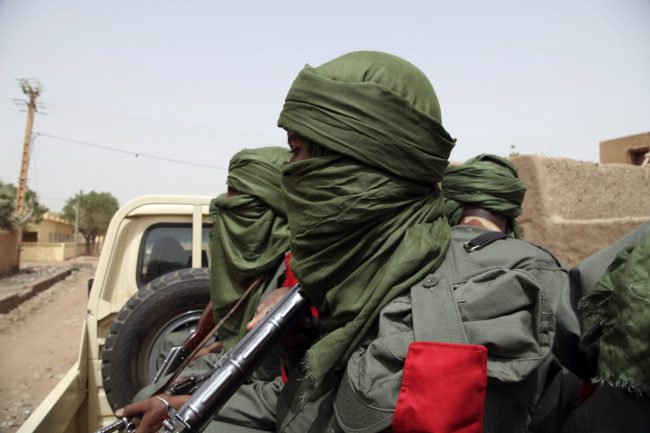
“Normally, a UN job would be two fighting parties. But the challenge in Mali is, you don’t have only two parties, you have a lot of parties. And sometimes, they’re working together, sometimes they are shooting at each other, so it’s very difficult to get an overall picture,” said German Lt.-Col. Michael Weckbach, a spokesperson with Germany’s UN operation.
“You don’t know exactly who are the good guys and who are the bad guys.”
The peacekeepers have, themselves, been targeted. Mali is the UN’s deadliest operation on Earth, with at least 170 peacekeepers killed since the mission’s inception in 2013.
Many were struck by improvised explosive devices hidden along northern Mali’s few passable roadways. Those IEDS are unlikely to pose a threat to the 250 Canadian troops, however, since Canada’s mandate does not include any ground patrols.
Instead, eight Canadian helicopters are providing air transportation, and most crucially, air medical evacuations for other UN peacekeepers and Malian civilians.

Get daily National news
WATCH: Exclusive: Treacherous conditions for Canada’s troops in Mali

“The threat is definitely there, if you’re driving around this country,” said Col. Chris McKenna, the commander leading Canada’s first large-scale UN mission in nearly two decades. “I would say there’s a much lower threat flying around. It is probably the safest way to move around this country.”
Canada has faced some criticism from within the UN for not providing more troops and resources, including so-called “boots on the ground” infantry patrols. But Col. McKenna rejects the notion that Canada isn’t doing enough to make a substantive difference.
“We’re essentially the only large aviation task force in a country that is larger than Ontario. We have 15,000 troops that are relying on us, potentially needing to access us for help. So in this context, Canada’s quote-unquote ‘small contribution’ is enormous,” he told Global News at Camp Castor, Canada’s military base in the city of Gao.
“Their lives depend on us, we’re their calvary. So what we do here matters a lot.”
Canada’s mission is for one year and the Canadian government insists there will be no extension to that mandate. But most expect the conflict in Mali will drag on for many years to come.
“It’s hard for me to state that Mali is really evolving or it’s getting better,” said Peter Waanders, the deputy commander with Dutch Armed Forces.
The Dutch have been here since the UN operation began five years ago, but are now preparing to leave in May 2019.
“As long as there are people starving from hunger in this part of the world, there will always be people battling for a good position.”
WATCH: Exclusive: Inside the lives of Canadian peacekeepers in Mali

Mali is indeed one of the world’s poorest countries, but there have been signs of progress, such as the recent round of peaceful presidential elections (although voter turnout was dampened by security fears).
But UN officials worry that the violent insurgency — which until now has largely been contained to the country’s sparsely-populated north — is spreading south towards the city of Mopti and the capital, Bamako, where the vast majority of Mali’s population resides.
“And so when you have violence intermixed with a larger population, you have a greater protection of civilians issue, in any one of these places,” said Col. McKenna.
And if one of those civilians or peacekeepers becomes injured, Canada’s airborne medical team could now receive a call to fly to the rescue.


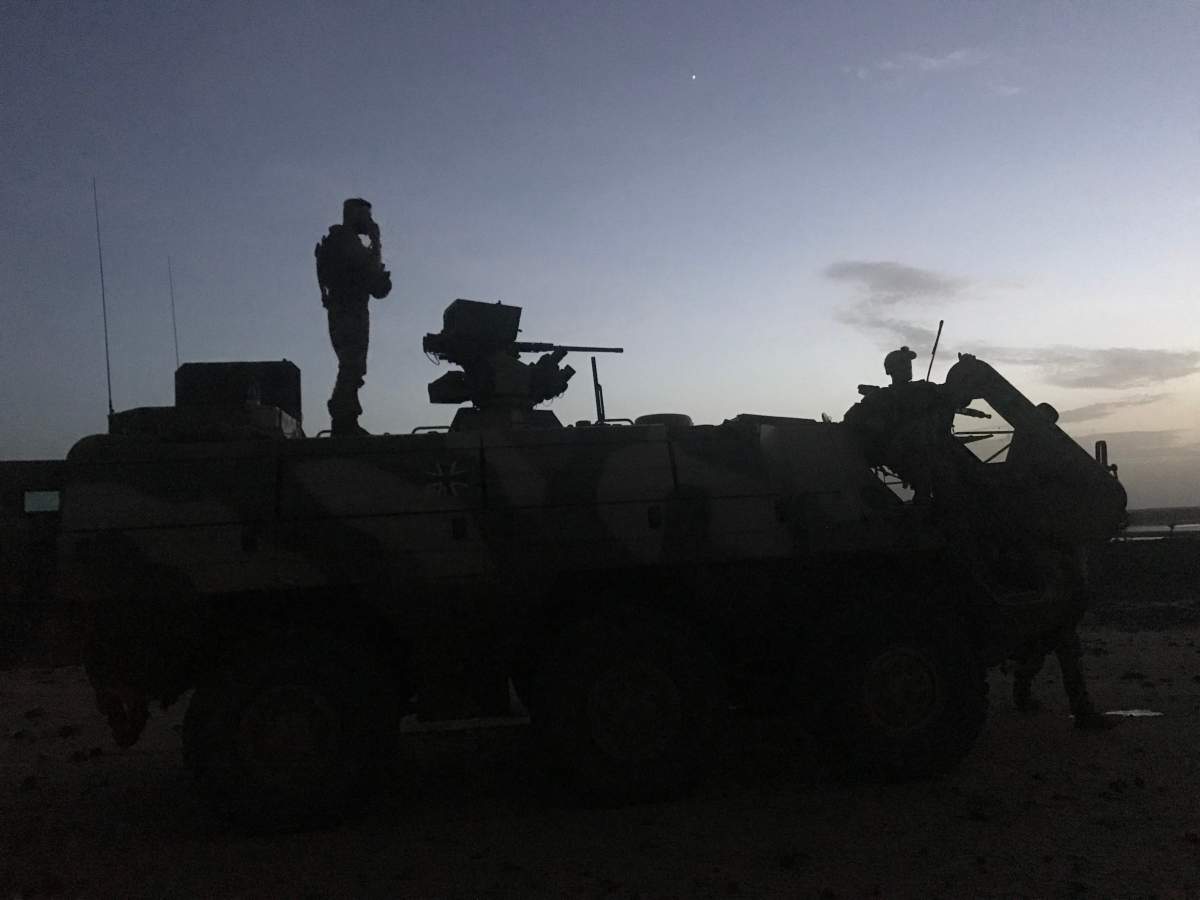

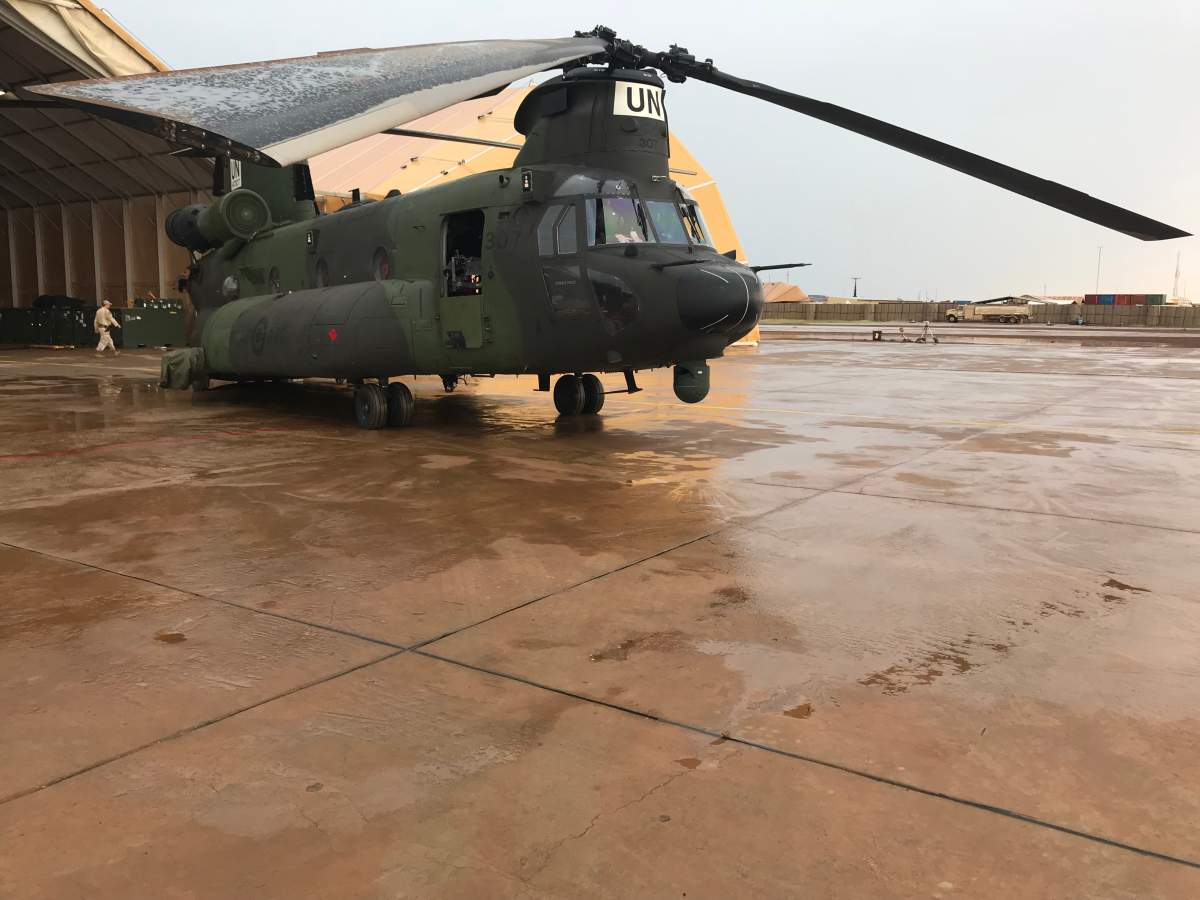


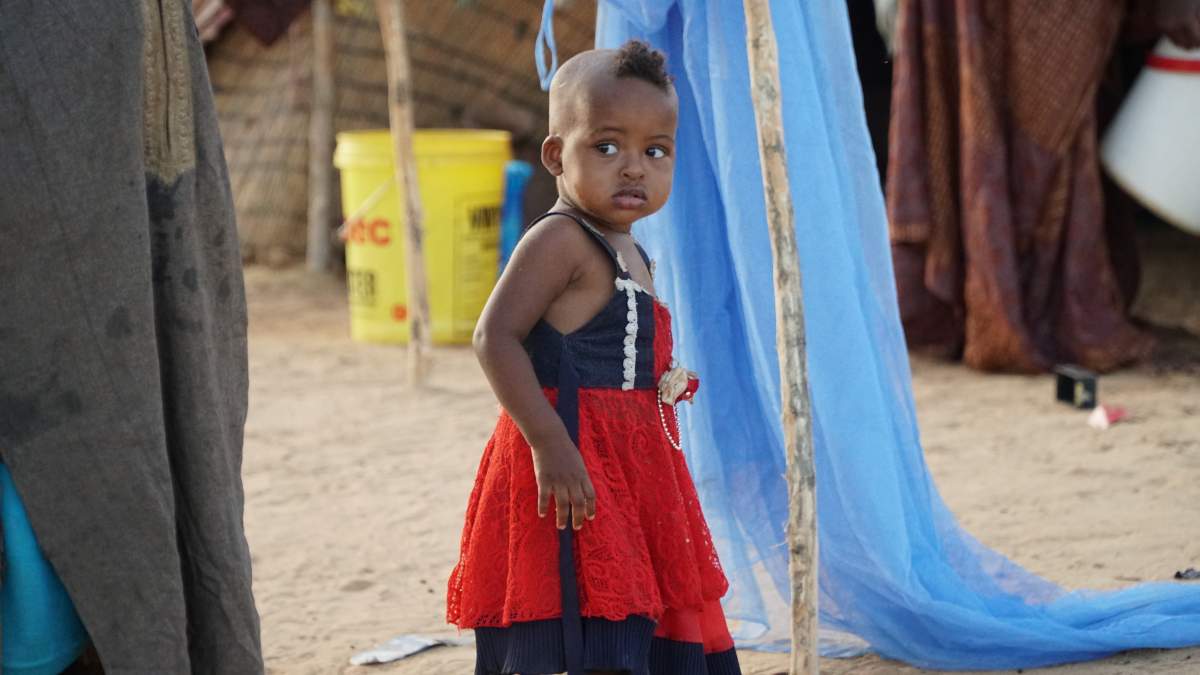
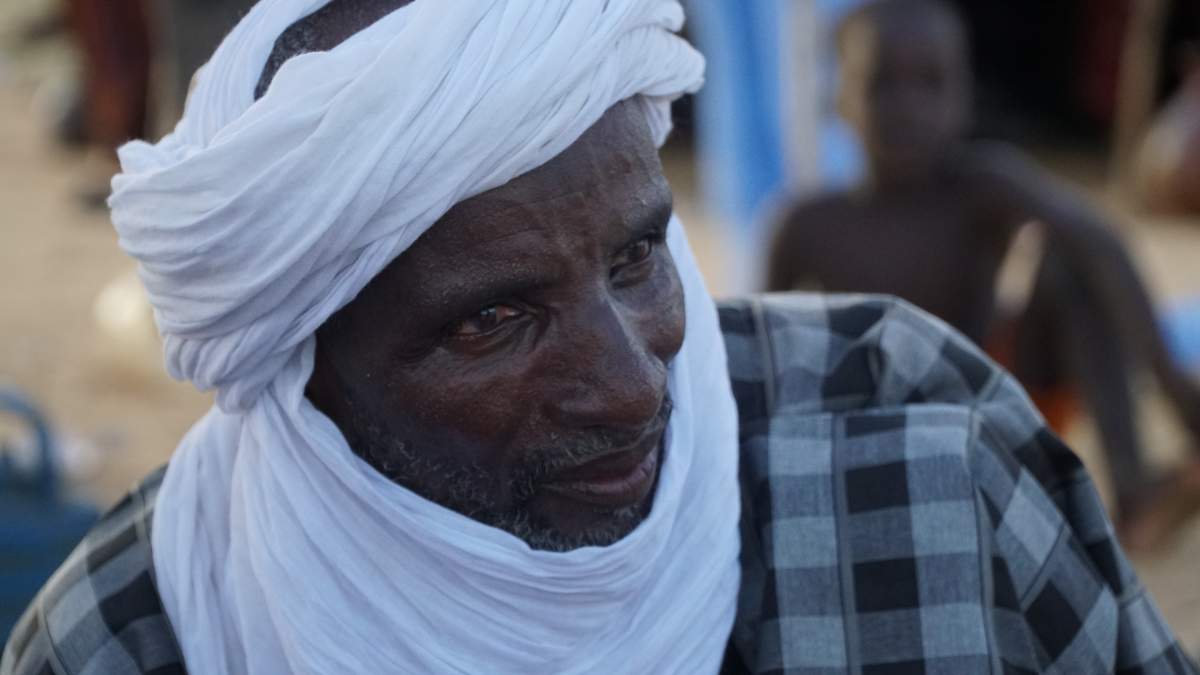
Comments
Want to discuss? Please read our Commenting Policy first.